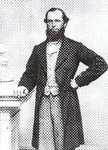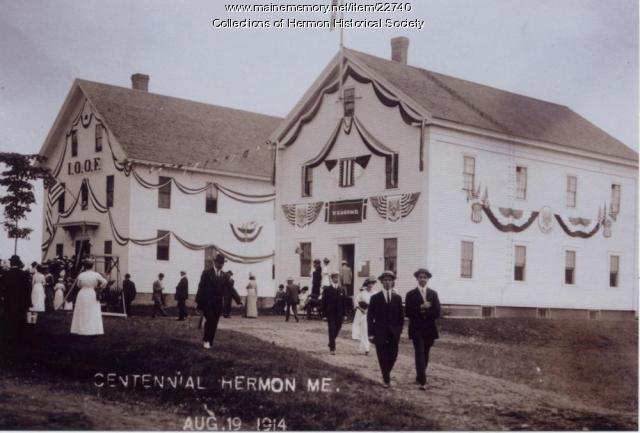Keywords: Suffrage
Item 5490
Contributed by: Maine Historical Society Date: circa 1917 Location: Maine Media: Ink on paper
Item 5470
Contributed by: Maine Historical Society Date: circa 1918 Location: Maine Media: Ink on paper
Exhibit
While numerous Mainers worked for and against woman suffrage in the state in the late nineteenth and early twentieth centuries, some also worked on the national level, seeking a federal amendment to allow women the right to vote
Exhibit
The National Federation of Business and Professional Women's Clubs (NFBPWC) held their seventh annual convention in Portland during July 12 to July 18, 1925. Over 2,000 working women from around the country visited the city.
Site Page
Life on a Tidal River - Bangor and Social Reform Movements of the 1800s-1900s
"Not only were there pro-suffrage organizations but anti-suffrage movements as well. These included the Maine Association Opposed to Suffrage for…"
Site Page
"From suffrage to the glass ceiling, the NFBPWC continues to empower and mentor professional women. Within a year of its formation in 1920, the…"
Story
Princess Watahwaso
by Jason Pardilla (Penobscot)
A story about Lucy Nicolar Poolaw (1882-1869)
Lesson Plan
Primary Sources: Maine Women's Causes and Influence before 1920
Grade Level: 6-8
Content Area: Social Studies
This lesson plan will give students the opportunity to read and analyze letters, literature, and other primary documents and articles of material culture from the MHS collections relating to the women of Maine between the end of the Revolutionary War through the national vote for women’s suffrage in 1920. Students will discuss issues including war relief (Civil War and World War I), suffrage, abolition, and temperance, and how the women of Maine mobilized for or in some cases helped to lead these movements.
Lesson Plan
Building Community/Community Buildings
Grade Level: 6-8
Content Area: Social Studies
Where do people gather? What defines a community? What buildings allow people to congregate to celebrate, learn, debate, vote, and take part in all manner of community activities? Students will evaluate images and primary documents from throughout Maine’s history, and look at some of Maine’s earliest gathering spaces and organizations, and how many communities established themselves around certain types of buildings. Students will make connections between the community buildings of the past and the ways we express identity and create communities today.













